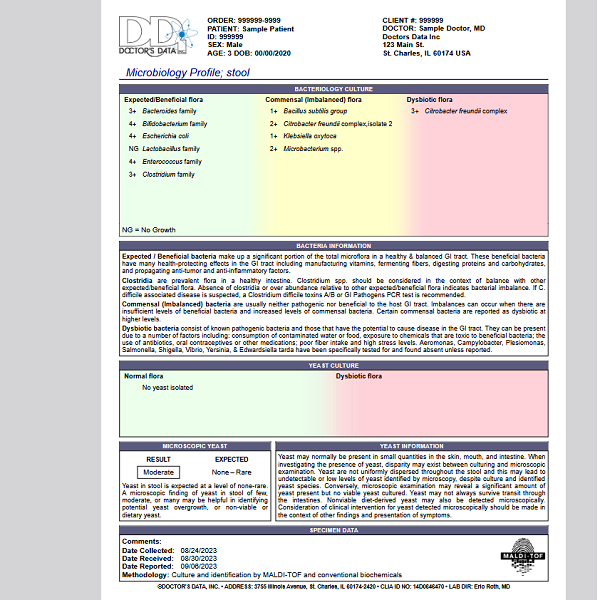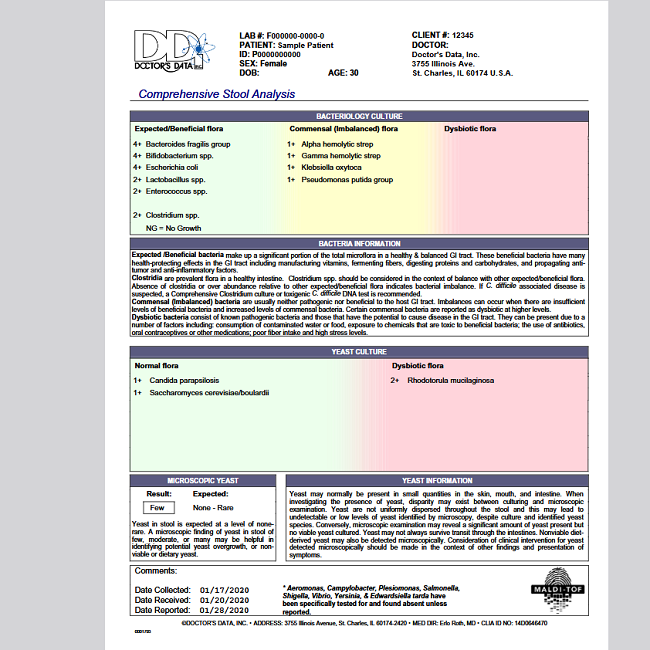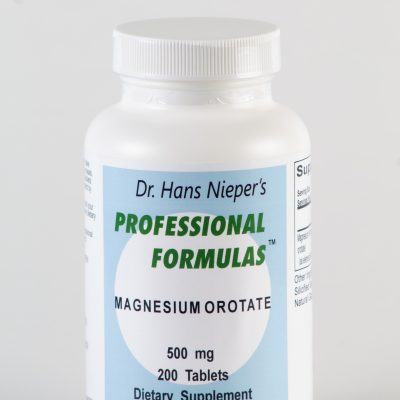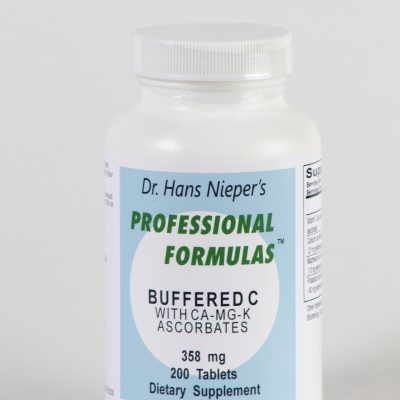
Table of Contents
What is Constipation?
Infrequent bowel movements or difficulty passing stool is a common digestive issue. While there’s no universally accepted definition, many health professionals consider a person to have this issue if they have fewer than three bowel movements per week. The signs can lead to discomfort, pain, and a general feeling of unease, making it a significant concern for many individuals.
Definition of Constipation
Medically, this condition is defined as a situation where an individual experiences hard, dry stool or incomplete evacuation during bowel movements. It often results from a combination of factors, including diet, lifestyle, medications, and underlying health conditions. Understanding it is crucial as it can have a significant impact on one’s quality of life.
How Age Affects Constipation
Constipation in Children
This issue can be particularly concerning in children, as it may lead to discomfort and anxiety around using the toilet. Many children experience it due to dietary changes, such as transitioning from breast milk to solid foods, or from increased intake of low-fiber foods. Signs include infrequent bowel movements, pain during defecation, or the presence of large, hard stools.
Constipation in Adults
In adults, it can stem from multiple causes, including sedentary lifestyles, poor dietary choices, and stress. Adults may also experience it due to hormonal changes, particularly in women during pregnancy or menstruation. Chronic issues can lead to serious complications, including hemorrhoids and anal fissures, which can further exacerbate the problem.
Constipation in the Elderly
The elderly population is particularly vulnerable due to a combination of factors such as decreased physical activity, limited fluid intake, and medications that commonly cause it as a side effect. Importantly, age-related changes in the digestive system can slow down bowel motility, leading to more frequent episodes. It’s essential for older adults to maintain a fiber-rich diet and stay hydrated to help mitigate these risks.
Signs of Constipation
Recognizing the Signs
Recognizing the signs is crucial for effective relief. Common indicators include infrequent bowel movements, straining during defecation, hard or lumpy stools, and a feeling of incomplete evacuation. Individuals may also experience abdominal discomfort, bloating, or pain, which can further complicate daily activities and overall well-being.
3 Major Factors for Constipation Relief
1. How Dehydration Contributes to Digestive Issues
Dehydration is a major factor that can exacerbate this issue. Water plays a critical role in softening stool, and insufficient fluid intake can lead to harder, drier stool that is difficult to pass. It can also slow down the digestive process, leading to longer transit times. Ensuring adequate hydration is essential for maintaining healthy bowel movements.
Tips for Staying Hydrated
To combat dehydration, individuals should aim to drink at least eight 8-ounce glasses of water daily, though individual needs may vary based on activity level and climate. Incorporating hydrating foods such as fruits and vegetables, and making a habit of drinking water throughout the day can further support hydration efforts. It’s crucial to listen to your body’s cues and adjust fluid intake accordingly.
2. High Fiber Foods to Combat Constipation
Importance of Dietary Fiber
Fiber is vital in preventing and managing this issue. It adds bulk to the stool, which helps it move through the intestines more easily. There are two types of dietary fiber: soluble and insoluble. Soluble fiber dissolves in water and can help to soften stool, while insoluble fiber adds bulk and aids in moving food through the digestive tract. A diet rich in both types of fiber is essential for optimal digestive health.
Top High Fiber Foods to Include in Your Diet
- Whole grains (brown rice, whole wheat bread, quinoa)
- Legumes (lentils, beans, chickpeas)
- Fruits (apples, bananas, berries, oranges)
- Vegetables (broccoli, carrots, Brussels sprouts)
- Nuts and seeds (almonds, chia seeds, flaxseeds)
Incorporating these high-fiber foods into your diet can help alleviate this concern and promote regular bowel movements. While increasing fiber intake, it’s also important to drink plenty of water to help the fiber do its job effectively.
3. Exercise and Relief of Constipation
Practical Tips for Daily Habits
Several practical strategies can help prevent and manage this condition. Incorporating regular physical activity can stimulate digestive function and promote healthy bowel movements. Aim for at least 30 minutes of moderate exercise most days of the week. Additionally, establishing a regular schedule for bowel movements can train the body to have more consistent and comfortable experiences.
Supplements for Relief of Constipation
Magnesium Orotate at bed time
Aloe Vera Juice 2-4 oz. a day
Buffered Vitamin C Powder
Buffered Vitamin C powder to bowel tolerance – Place one to two teaspoons of buffered vitamin C powder in about a pint of liquid keep doing it every 3-4 hours until bowels move. Beware sudden uncontrolled diarrhea can occur so the first time do it at home. If you get abdominal discomfort: cramps, excessive gas, or uncontrolled diarrhea, reduce back to the amount you reached before you encountered problems. Use this as your maintenance dose.
When Lifestyle Changes Aren’t Enough
Sometimes, despite making dietary and lifestyle changes, issues persist. In such cases, it may be essential to consult a healthcare provider for further evaluation. They may recommend treatments such as fiber supplements, vitamin C, laxatives, or other medications to manage the condition effectively. It’s critical to address chronic issues promptly to prevent complications and improve overall digestive health.
Conclusion
This prevalent condition affects individuals of all ages. Understanding its causes, symptoms, and management strategies is crucial for maintaining a healthy digestive system. By making informed dietary choices and adopting healthy lifestyle habits, individuals can significantly reduce the likelihood of experiencing this issue. If it becomes a chronic problem, seeking medical advice is imperative to address underlying factors and ensure effective treatment.
FAQs
What are the most common causes of constipation?
Common causes include a low-fiber diet, dehydration, lack of physical activity, certain medications, and underlying medical conditions such as IBS or hypothyroidism.
How can I tell if I am constipated?
Signs of constipation include infrequent bowel movements (less than three times a week), hard or lumpy stools, straining during bowel movements, and a feeling of incomplete evacuation.
What should I do if I experience constipation frequently?
If you frequently experience constipation, consider increasing your fiber and water intake, exercising regularly, and maintaining a consistent bowel schedule. If symptoms persist, consult a healthcare provider.
Are there any home remedies for constipation?
Home remedies include drinking warm water, herbal teas, and consuming high-fiber foods such as fruits, vegetables, and whole grains. Probiotics may also help improve gut health as well as Vitamin C.
When should I seek medical attention for constipation?
Seek medical attention if constipation lasts more than three weeks, if you experience severe abdominal pain, rectal bleeding, or significant changes in bowel habits.
Products for Constipation Relief
At Home Tests for Constipation Issues
-
←→

Doctors Data Microbiology Stool Test
$149.00The Doctors Data Microbiology Stool Test identifies bacteria in the stool, yeast in the stool, the presence of imbalanced flora, and beneficial flora. This test identifies Clostridium species, and dysbiotic flora, as well as infectious pathogens.- Buy 2 at $164.00
Doctors Data Microbiology Stool Test
At Home Health Tests, Gastrointestinal Tests, Inflammation Solutions, Gastrointestinal Solutions, Candida Solutions$149.00Successfully Added to your Shopping CartAdding to Cart... -
←→

Doctors Data Comprehensive Stool Analysis
$549.00$358.00Doctors Data Comprehensive Digestive Stool Analysis helps pinpoint the causes of gastrointestinal issues, symptoms and chronic systemic conditions, by measuring key markers of digestion, absorption and inflammation.- Buy 2 at $350.00
Doctors Data Comprehensive Stool Analysis
At Home Health Tests, Gastrointestinal Tests, Inflammation Solutions, Skin Solutions, Gastrointestinal Solutions, Candida Solutions$549.00 $358.00Successfully Added to your Shopping CartAdding to Cart...
Supplements
-
←→

Magnesium Orotate
Supplements, Mineral Supplements, Heart Solutions, Immune System Solutions, Gastrointestinal Solutions, Allergy Solutions$25.10Successfully Added to your Shopping CartAdding to Cart... -
←→

Buffered C with Calcium, Magnesium & Potassium
Supplements, Vitamin Supplements, Skin Solutions, Cancer Solutions, Immune System Solutions, Antioxidant Supplements, Allergy Solutions, Autism Solutions$11.70Successfully Added to your Shopping CartAdding to Cart...
References
- https://www.niddk.nih.gov/health-information/digestive-diseases/constipation/definition-facts
- https://www.niddk.nih.gov/health-information/digestive-diseases/constipation/treatment
- https://www.niddk.nih.gov/health-information/digestive-diseases/constipation/symptoms-causes
